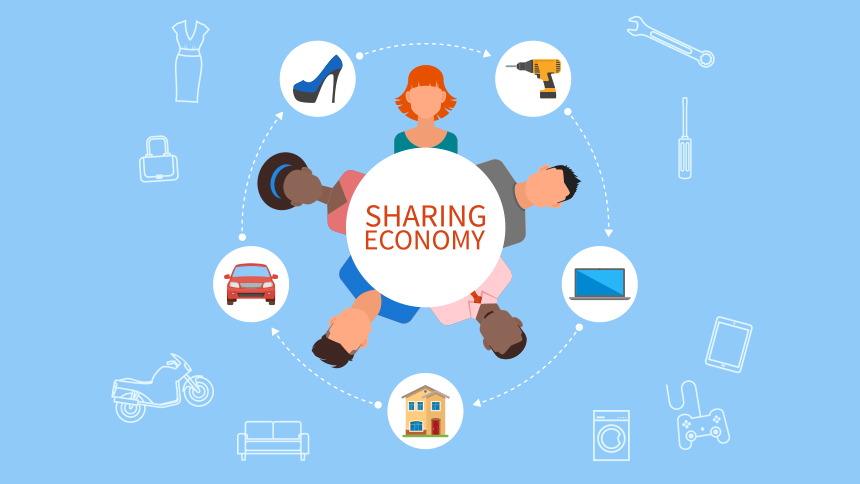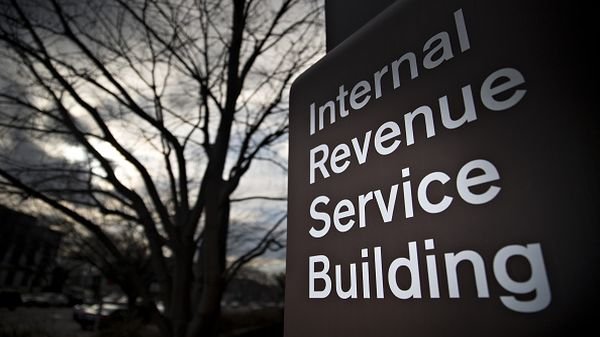List
Story > NEWS > Detail
[Resources] National Response to a Shared Economy – U.S. and Japan
As the impact of the shared economy on our economic structure is rapidly advancing, more countries around the world are defining income from the shared economy as taxation. In view of the tax base principle of taxation where there is income, it can be seen that taxation on profits generated from a shared economy is in fact feasible, and this is consistent with the principle of tax equality. However, the introduction of a taxation system for a shared economy should not be applied as a regulation to a shared economy, thereby hindering the development of a shared economy. Looking at the tax systems of countries around the world, it is usually found that a certain amount is set and paid when the amount exceeds that amount. This would give the taxation authorities homework, which would require them to determine how much of the revenue (income) of the suppliers of the shared economy is. In order to solve these problems, France and others were obligated to withhold and pay lodging and tourism taxes to the platform operators.

In the U.S., income from participating in a shared economy, such as renting a room to another person through Airbnb or driving through Uber, becomes taxation, and the exchange of goods is also defined as taxation income. The U.S. National Tax Service (IRS) issued a 'Shared Economy Tax Guide' to help taxpayers with income from the shared economy meet their tax obligations and to facilitate reporting and payment. The main contents of the tax guide for the shared economy presented by the IRS are as follows. First, a shared economy is generally over-taxed. It does not matter if the payment is cash, incidental to the business, or a side job. Second, taxpayers who meet the requirements can deduct business expenses. For example, a taxpayer who uses a car for a shared economy business may receive a standard deduction of 54 cents per mile as of 2016, and a specific expense may be deducted by applying a limit when it receives rent income from a home or apartment. In addition, mortgage interest, real estate taxes, disaster losses and depreciation can be deducted. Third, the special rules apply when a taxpayer leases a house, apartment or other dwelling and lives there. In addition, the Interactive Tax Assistant provided on the IRS website may be used by taxpayers to determine whether their housing rental income is taxable or not and whether the costs associated with rental property are deductible.

On the other hand, when residential facilities are used for both rental and owner-occupied purposes, the total cost should generally be divided according to the area and number of days used for each purpose. Examples of the shared economy of renting residential buildings presented by the IRS include the following. A used an online app to rent a house for 73 days in 2017. If the total area of the house is 1,800 square feet, and the rental area is 180 square feet (12×15 feet), 10 per cent, the proportion of the rental use area divided by the total area, may be deducted for rent. It shall also reflect the length of time during which rooms are rented during the corresponding year. Therefore, if the annual heating charge for the entire house is $600, the rent is $12 . The remaining $588 is a non-deductible cost of income from a shared economy. In addition, an entity cannot deduct a rental allowance beyond the gross rental income limit.
The shared economy market is also rapidly expanding in Japan recently, with the shared economy in Japan being represented by Airbnb, a lodging company that lends empty homes or vacancies to travelers, and Mercari, which sells Uber, clothing and other items on the Internet using personal vehicles. Currently, Japan's income tax law obliges individuals to file a definitive report if their side income exceeds 200,000 yen. Therefore, the biggest problem is that the National Tax Service (NTS) is having a hard time figuring out the profits earned by individuals from transactions through a shared economy, although it is obliged to make a firm declaration if the income earned by the shared economy exceeds 200,000 yen because it is viewed as a side income. In other words, taxation on the shared economy is not being carried out properly because there is no system to accurately grasp income information about who made how much, and it is difficult to determine whether a business entity is a broker or an individual.

In response, the government tax-making society, an advisory body for the prime minister of Japan, deepened discussions on how to tax the shared economy and collect income information in September 2017, where the Japanese government is moving to tighten taxation on the shared economic sector, in which individuals exchange goods and services. The Japanese government is also considering measures such as making it mandatory to provide transaction information to brokers of shared economies. However, the Japanese government said it plans to reflect the tax system in consideration of overseas tax cases because the system of a clear taxation system for the shared economy is not yet in place.
As the impact of the shared economy on our economic structure is rapidly advancing, more countries around the world are defining income from the shared economy as taxation. In view of the tax base principle of taxation where there is income, it can be seen that taxation on profits generated from a shared economy is in fact feasible, and this is consistent with the principle of tax equality. However, the introduction of a taxation system for a shared economy should not be applied as a regulation to a shared economy, thereby hindering the development of a shared economy. Looking at the tax systems of countries around the world, it is usually found that a certain amount is set and paid when the amount exceeds that amount. This would give the taxation authorities homework, which would require them to determine how much of the revenue (income) of the suppliers of the shared economy is. In order to solve these problems, France and others were obligated to withhold and pay lodging and tourism taxes to the platform operators.

In the U.S., income from participating in a shared economy, such as renting a room to another person through Airbnb or driving through Uber, becomes taxation, and the exchange of goods is also defined as taxation income. The U.S. National Tax Service (IRS) issued a 'Shared Economy Tax Guide' to help taxpayers with income from the shared economy meet their tax obligations and to facilitate reporting and payment. The main contents of the tax guide for the shared economy presented by the IRS are as follows. First, a shared economy is generally over-taxed. It does not matter if the payment is cash, incidental to the business, or a side job. Second, taxpayers who meet the requirements can deduct business expenses. For example, a taxpayer who uses a car for a shared economy business may receive a standard deduction of 54 cents per mile as of 2016, and a specific expense may be deducted by applying a limit when it receives rent income from a home or apartment. In addition, mortgage interest, real estate taxes, disaster losses and depreciation can be deducted. Third, the special rules apply when a taxpayer leases a house, apartment or other dwelling and lives there. In addition, the Interactive Tax Assistant provided on the IRS website may be used by taxpayers to determine whether their housing rental income is taxable or not and whether the costs associated with rental property are deductible.

On the other hand, when residential facilities are used for both rental and owner-occupied purposes, the total cost should generally be divided according to the area and number of days used for each purpose. Examples of the shared economy of renting residential buildings presented by the IRS include the following. A used an online app to rent a house for 73 days in 2017. If the total area of the house is 1,800 square feet, and the rental area is 180 square feet (12×15 feet), 10 per cent, the proportion of the rental use area divided by the total area, may be deducted for rent. It shall also reflect the length of time during which rooms are rented during the corresponding year. Therefore, if the annual heating charge for the entire house is $600, the rent is $12 . The remaining $588 is a non-deductible cost of income from a shared economy. In addition, an entity cannot deduct a rental allowance beyond the gross rental income limit.
The shared economy market is also rapidly expanding in Japan recently, with the shared economy in Japan being represented by Airbnb, a lodging company that lends empty homes or vacancies to travelers, and Mercari, which sells Uber, clothing and other items on the Internet using personal vehicles. Currently, Japan's income tax law obliges individuals to file a definitive report if their side income exceeds 200,000 yen. Therefore, the biggest problem is that the National Tax Service (NTS) is having a hard time figuring out the profits earned by individuals from transactions through a shared economy, although it is obliged to make a firm declaration if the income earned by the shared economy exceeds 200,000 yen because it is viewed as a side income. In other words, taxation on the shared economy is not being carried out properly because there is no system to accurately grasp income information about who made how much, and it is difficult to determine whether a business entity is a broker or an individual.
In response, the government tax-making society, an advisory body for the prime minister of Japan, deepened discussions on how to tax the shared economy and collect income information in September 2017, where the Japanese government is moving to tighten taxation on the shared economic sector, in which individuals exchange goods and services. The Japanese government is also considering measures such as making it mandatory to provide transaction information to brokers of shared economies. However, the Japanese government said it plans to reflect the tax system in consideration of overseas tax cases because the system of a clear taxation system for the shared economy is not yet in place.



